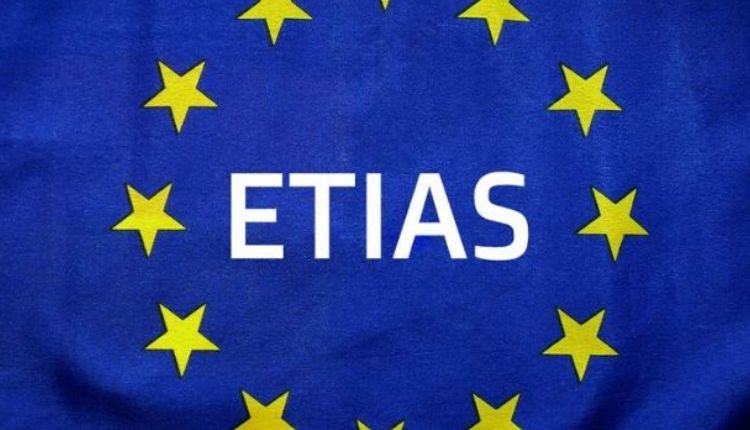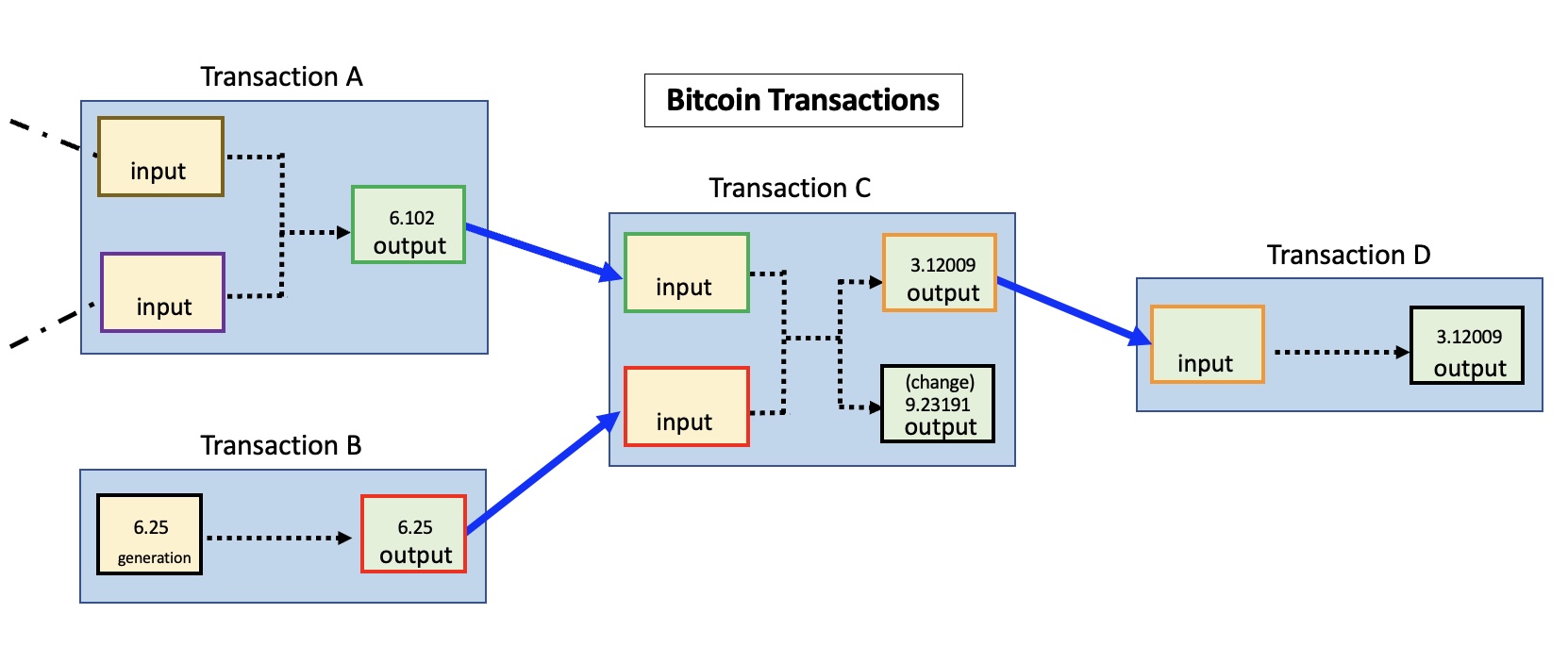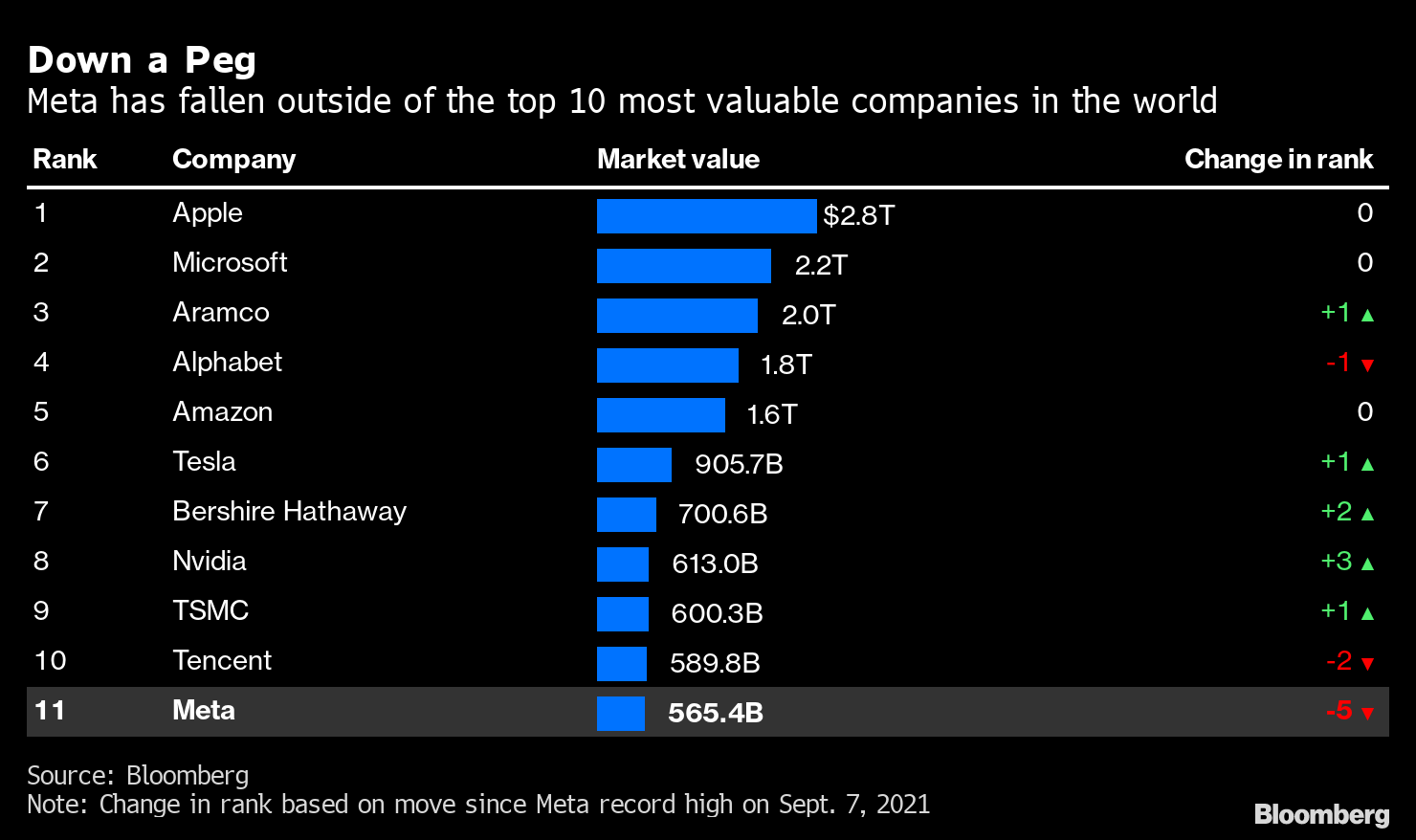
All you need to know about ETIAS
The European Travel Information and Authorization System, or ETIAS for short, is a new requirement for travel to the Schengen Area November 2023. A lot has been said about ETIAS. We at Savory & Partners will clear up the confusion, help you understand what the ETIAS is, how to apply for it, and what it means for citizenship by investment.
The difference between EU and Schengen
The European Union (EU) and the Schengen Area are entirely different entities that serve other purposes. The EU is a political and economic unity of 27 countries that aims to standardize and streamline the political and economic landscape within its member states. The Schengen area is an agreement between 26 European countries that allow for free movement within them.
The list of 27 countries in the EU are:
Austria, Bulgaria, Belgium, Croatia, Czech Republic, Denmark, Estonia, France, Finland, Germany, Greece, Hungary, Ireland, Italy, Latvia, Lithuania, Luxembourg, Malta, Netherlands, Poland, Portugal, Republic of Cyprus, Romania, Slovakia, Slovenia, Spain, and Sweden
The list of 26 countries part of the Schengen zone are:
Germany, Austria, Belgium, Czech Republic, Denmark, Estonia, France, Finland, Greece, Hungary, Italy, Iceland, Latvia, Lithuania, Liechtenstein, Luxembourg, Malta, Netherlands, Norway, Portugal, Poland, Slovenia, Slovakia, Spain, Sweden, and Switzerland
Germany, for example, is part of both the EU and the Schengen Area, but Cyprus is only a part of the latter. And, although not part of the EU, Switzerland has free movement with many EU countries through the Schengen Area agreement.
The ETIAS itself is concerned with the Schengen Area only. Since the Schengen Area operates as one destination requiring a standard set of travel requirements, the Schengen Visa, for example, the ETIAS is not concerned with any given Schengen member but overall travel to the Schengen Area.
What is ETIAS?
ETIAS is a new requirement coming into effect in 2022 for travelers who don’t have a European citizenship but have visa-free access to the Schengen Area. Any person holding a passport that allows for visa-free travel to the Schengen Area, such as that of Dominica, for example, must apply for the ETIAS prior to their travels.
The ETIAS is not a visa in any way or form, but rather a security clearance very similar to the Electronic Travel Authorization (ETA) that the USA requires visa-free travelers to apply for before traveling to US shores.
The ETIAS will scan traveler’s information across a multitude of platforms (SIS, Europol, Interpol, etc.), conducting quick security and background checks to ensure that anyone entering the Schengen Area is not a security threat.
The elegance of ETIAS lies within its simplicity, as the ten-minute application yields a travel authorization that is valid for three years or the traveler’s passport validity, whichever comes sooner. It is a simple procedure, as the ETIAS is not stamped on the passport but linked electronically, meaning the applicant does not need to apply through an embassy or consulate but instead conducts the entire process online.
All traveling personnel must apply through ETIAS prior to traveling regardless of age, and it is advised they do so at least 72 hours before traveling.
How to apply for ETIAS
The ETIAS application is meant to be simple and straightforward. The application itself takes about 10 minutes to complete and needs 10 more minutes to deliver the result.
An applicant creates a user on the ETIAS platform, fill the online application form, upload the relevant documentation, pay the processing fee, and then wait ten minutes to get a response. Elegantly simple.
The processing fee for the ETIAS is set at a meager 7 Euro for between 18 and 70 years of age, any persons below 18 or above 70 years of age are exempt of the application fees.
The documentation required for the ETIAS is also very straightforward; as it is civil documentation such as passport information, recent photographs, and a filled application form. The latter focuses on information such as given names, education, work experience, travel history, medical condition, and other simple to gather information. No detailed travel itenarary is needed such as hotel bookings or airline tickets, as it does not follow the standards of a Schengen Visa in any way.
In case the system does get a hit on one of the security platforms the process may be prolonged to 4-7 days, and ETIAS may request additional documentation to supplement the application, and although this is considered as abnormal ETIAS does have the process planned out for any possible outcome.
The ETIAS, as we mentioned earlier, is concerned with the Schengen Area as a whole and not with one specific Schengen member state. There is, however, one thing that applicants must keep in mind; when applying for an ETIAS is that, in the event they are visiting multiple countries in the Schengen Area, they must list the countries in the order they will visit them and must enter the Schengen Area through the country they listed as their entry point.
What does ETIAS mean for citizenship and residency by investment (does it affect the Caribbean and golden visa)
Residency and citizenship by investment (RCBI) has long been a staple of enhancing global mobility for the elite. Countries such as Antigua & Barbuda, Commonwealth of Dominica, Grenada, St. Kitts & Nevis, St. Lucia, and Vanuatu offer their citizenship and passports to investors that contribute to their economy. As holders of these passports have visa free access to the Schengen Area they will have to apply for the ETIAS come 2022.
This by no way affects their visa-free access to the Schengen Area as it is set in stone through a visa waiver treaty between the countries and the Schengen Area. Holders of these passports will continue to travel visa-free to the Schengen Area but must have a valid ETIAS when doing so.
As for residency by investment it is quite similar. Schengen member countries such as Portugal, Greece, Malta, Latvia, and Spain all have residency by investment programs, more commonly dubbed Golden Visas, that gift investors that contribute to the country’s economy through real estate investment with a residency card.
Although holders of Golden Visas are residents of the Schengen Area, if they leave and want to enter again they must also apply for an ETIAS.
ETIAS a blessing in disguise
While the ETIAS may seem as an extra step at first glance it is actually a blessing in disguise. ETIAS has two major benefits on the long term for those who obtain RCBI in hopes of gaining enhanced mobility in the Schengen Area:
- Safer travels: the ETIAS enhances the overall safety within the Schengen Area, creating a safer environment for investors and their families on their travels.
- Maintaining visa-free entry: ETIAS ensures that people entering the Schengen Area are not security threats, hence eliminating the concern Schengen member states may have regarding RCBI programs; knowing that anyone entering has been vetted and deemed safe regardless of their nationality.
Since investors that obtain RCBI will undergo due diligence and background checks prior to getting their citizenship or residency they will have no trouble in applying for ETIAS. This makes it an outstanding move on the part of the Schengen Area members, and makes it a blessing in disguise for those who obtain a second citizenship or residency within the Schengen area. To know more about accessing the Schengen Area and much more visa-free through RCBI contact us today.




